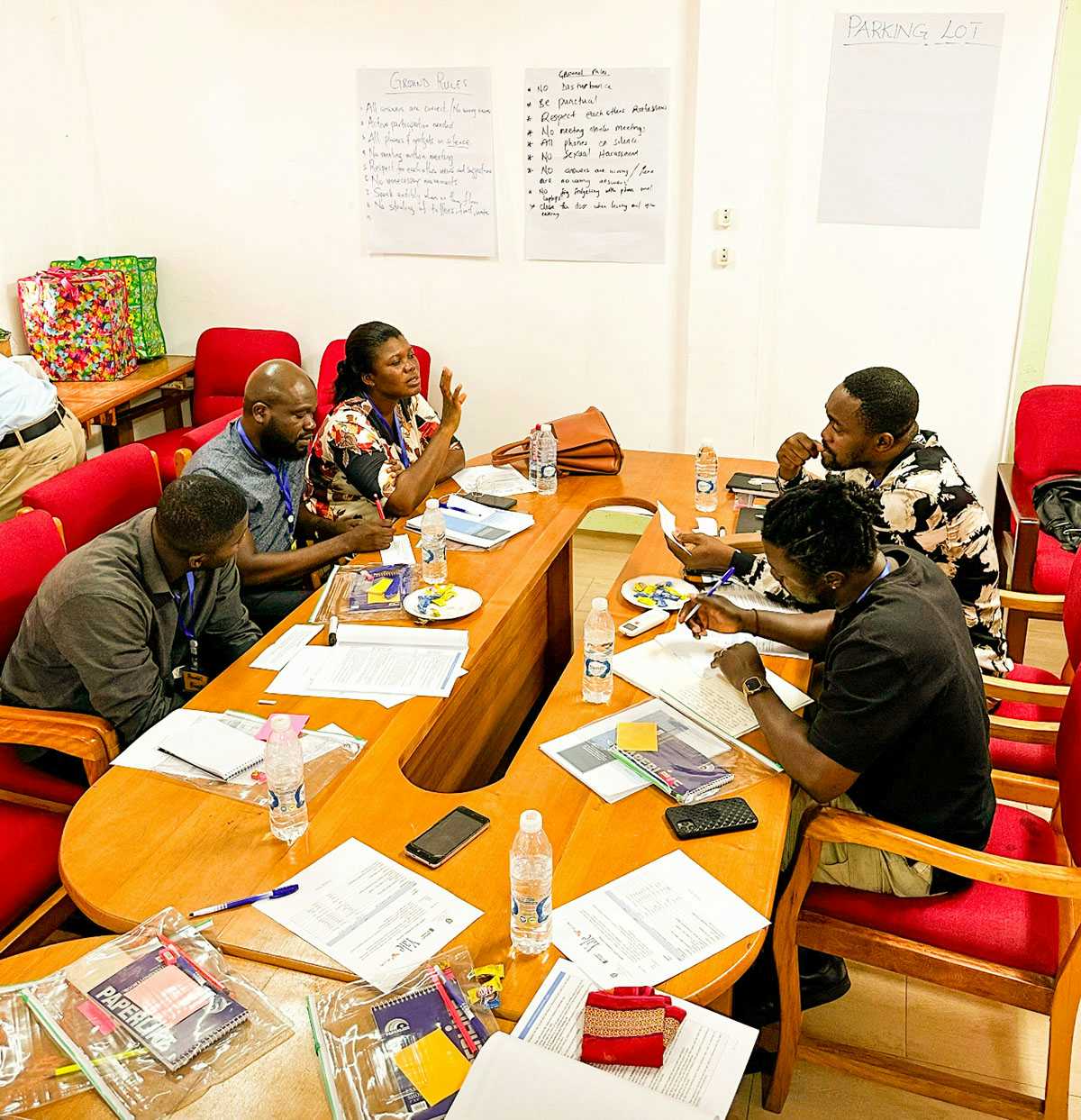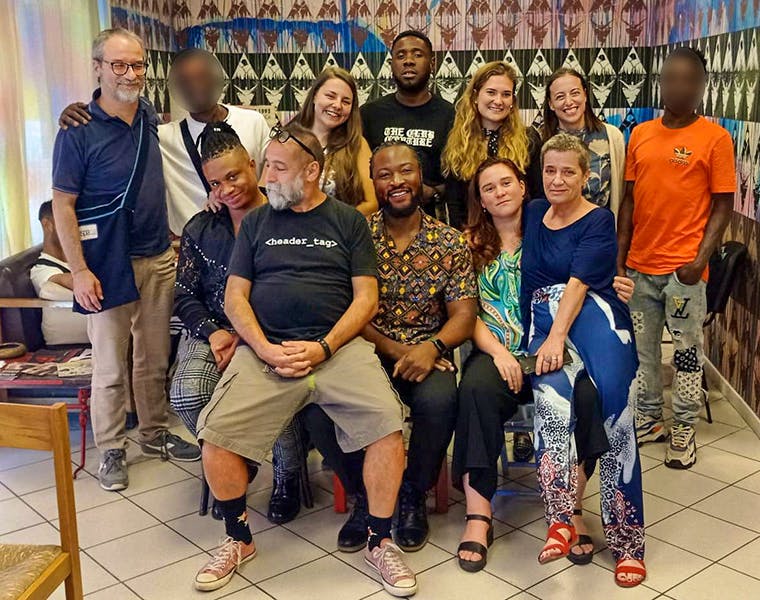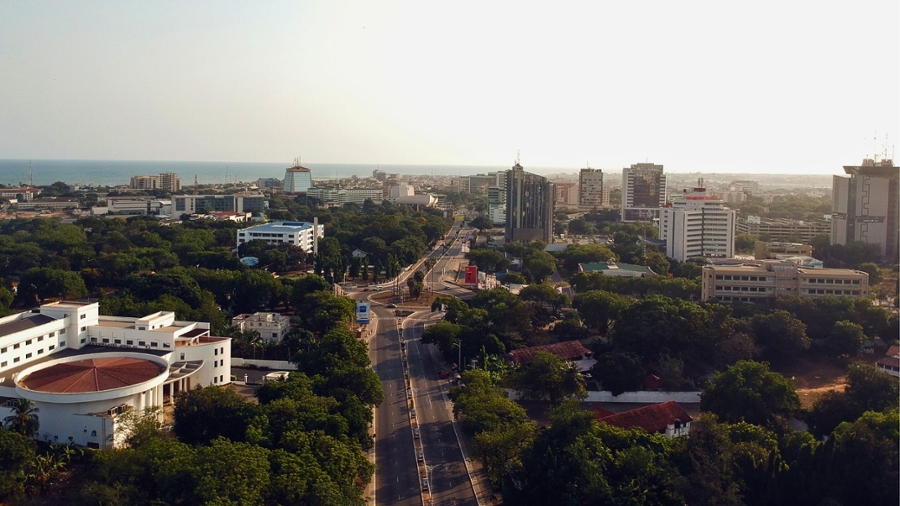Behavioral, Sexual, & Global Health Lab

About the BSGH Lab
The Behavioral, Sexual & Global Health (BSGH) Lab conducts implementation science research to understand how stigma, behavioral exposures, and place-based factors influence access to prevention and treatment services for populations with high exposure to adverse behavioral health outcomes. The lab’s work spans Sub-Saharan Africa, Western Europe, and the United States and emphasizes community-partnered approaches to develop, adapt, and evaluate interventions across multiple health systems and sociocultural contexts.
News & stories

Gamji Rabiu Abu-Ba’are, PhD
Principal Investigator and Director
Assistant Professor, School of Nursing & Department of Public Health Sciences
Inaugural Harriet J. Kitzman Endowed Fellow in Global Health Research
Affiliate, Center for Interdisciplinary Research on AIDS, Yale University School of Public Health
Gamji Rabiu Abu-Ba’are is an assistant professor in nursing and public health and the inaugural Harriet J. Kitzman Endowed Fellow in Global Health Research at the University of Rochester. He is the principal investigator of the Behavioral, Sexual, and Global Health Lab that operates out of the University of Rochester School of Nursing, and Jama’a Action in Accra, Ghana. As a global health and behavioral scientist, urban planner, and health geographer, Abu-Ba’are seeks to better understand the role of place and intersectional stigma on HIV and sexual health outcomes. His research develops and refines interventions to reduce intersectional stigma and optimize outcomes among HIV high-risk populations in socially-vulnerable communities in Sub-Saharan Africa, Western Europe, and the United States.
“We hope that by training young sexual minority people in slums, we can improve their expertise around HIV, so they know what the risk behaviors are, and they will be able to assess themselves and know what options for prevention are best for them."
Connect with us
The BSGH Lab welcomes new collaborations and opportunities for shared discovery and knowledge. Members of the BSGH lab, led by Principal Investigator Gamji Rabiu Abu-Ba’are, PhD, MA, are available for collaboration and support on related projects, including research design, recruitment, data collection, transcriptions, coding, statistical analysis, and Geographic Information System-based analysis.
(585) 275-5844




